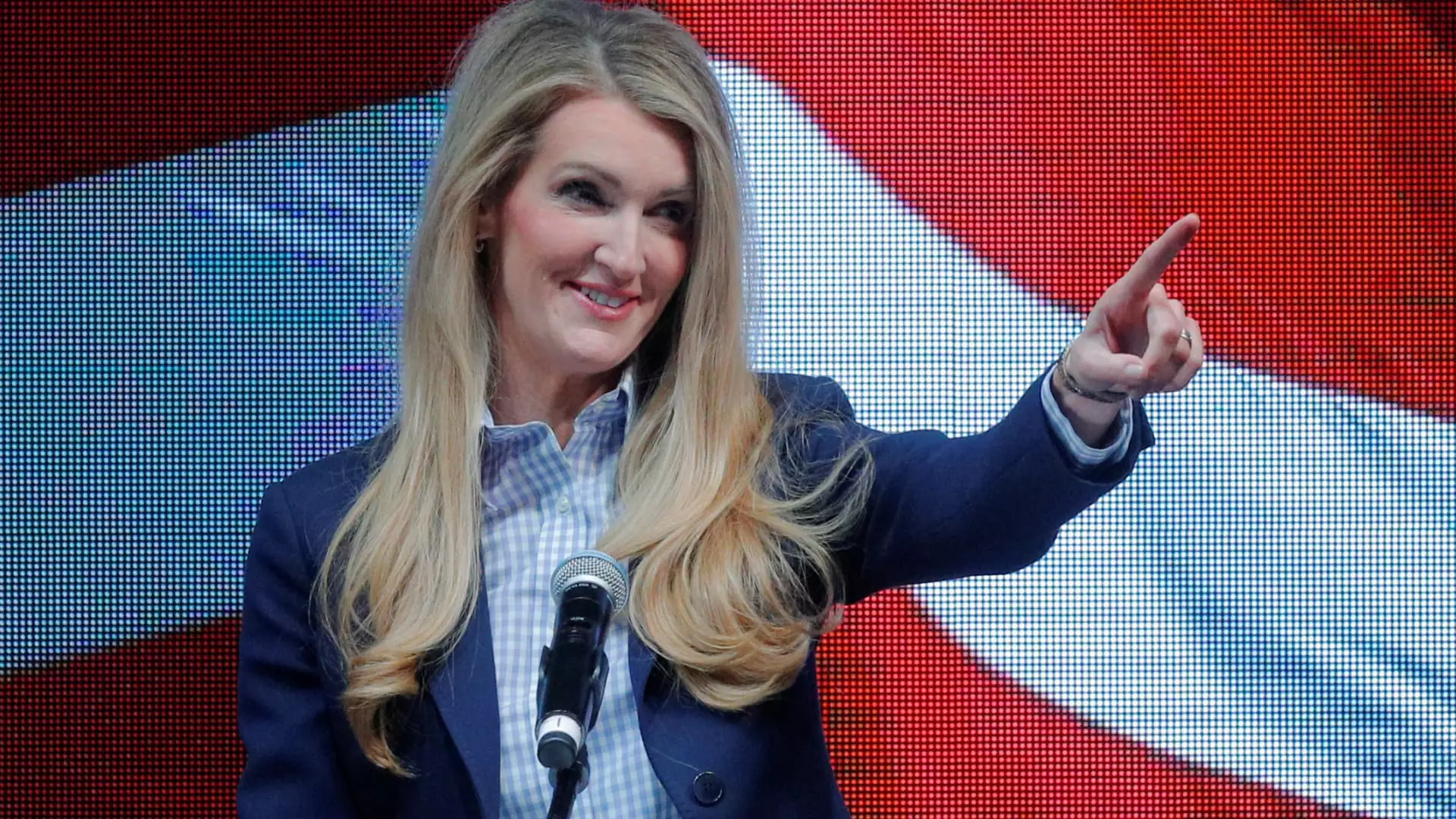The announcement of Kelly Loeffler’s nomination by President-elect Donald Trump to head the Small Business Administration (SBA) is emblematic of his strategy to galvanize the Republican base as he embarks on his second term. Loeffler, a former U.S. Senator from Georgia, is credited for her assertive stance during her brief tenure in the Senate, which may resonate well with Trump supporters and business advocates alike. Trump’s statement, lauding her as a “tremendous fighter,” suggests that her leadership might focus on dismantling existing bureaucratic hurdles and promoting entrepreneurship — a reflection of the broader Republican philosophy favoring market-driven growth and a reduction in governmental interference.
Loeffler’s political journey has not been without its controversies. After stepping into the Senate seat left vacant by Johnny Isakson, she faced considerable challenges, culminating in a runoff election in which she was defeated by Democrat Raphael Warnock. Her steadfast refusal to concede Trump’s electoral loss has further complicated her image, especially in light of the actions by the Fulton County grand jury that implicated a number of political figures in efforts to overturn election results. Although she was not charged, the mere association with these investigations may color perceptions of her suitability for the SBA role.
The significance of Loeffler’s political ties extends beyond her own career; it represents a continuation of Trump’s strategy to embed loyalists throughout governmental structures. By selecting individuals who question the legitimacy of the 2020 election, Trump is consolidating a group that may support his political aspirations, even if they conflict with broader democratic principles.
Loeffler’s experience as an entrepreneur and her leadership at RallyRight reflect her commitment to uplifting conservative causes and business interests. Trump’s announcement emphasizes a vision to empower small businesses by reducing red tape, which, in theory, aligns with the Republican agenda of fostering a free-market economy. However, it raises critical questions: Will Loeffler’s strategies prioritize the needs of small business owners across diverse sectors, or will they predominantly serve the interests of those within her ideological circle?
Furthermore, Loeffler’s involvement with organizations such as PublicSquare, which claims to promote conservative values, suggests that her policies may not only focus on economic growth but could also have social implications. The balance between supporting free enterprise and navigating the socio-political landscapes that influence market conditions will be vital in her role.
As Loeffler steps into this significant role, her nomination evokes a mix of optimism and skepticism. Advocates for small business growth may find her tenure beneficial, especially in terms of regulatory reforms. Conversely, critics might see her nomination as a reinforcement of partisan divisions that could complicate bipartisan efforts to support small businesses effectively.
Ultimately, Loeffler’s appointment signals not only a commitment to bolstering the economy through a well-structured SBA but also highlights the ongoing evolution of the Republican Party, particularly as it navigates the complexities introduced by Trump’s legacy. Whether she can bridge these divides and lead effectively remains to be seen, especially as her confirmation process unfolds in the Senate.

